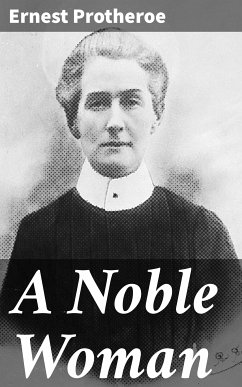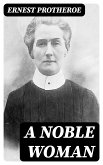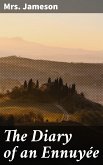In Ernest Protheroe's 'A Noble Woman,' readers are taken on a journey through the complexities of a woman's struggle for independence in a patriarchal society. Written with a lyrical and expressive prose, the book delves into themes such as love, power, and societal norms. Protheroe's keen eye for detail and vivid characterizations bring the story to life, inviting readers to ponder on the constraints faced by women in historical contexts. The book's literary context is rooted in the genre of historical fiction, with a focus on character development and social commentary. Ernest Protheroe, a renowned scholar of 19th-century literature, draws on his deep understanding of the era to craft a compelling narrative that sheds light on the challenges faced by women during that time. His meticulous research and profound insights into human nature are evident in the nuanced portrayal of the protagonist, making 'A Noble Woman' a truly captivating read. I highly recommend 'A Noble Woman' to readers who appreciate rich historical detail, compelling storytelling, and thought-provoking themes. Protheroe's masterful blend of history and fiction makes this book a must-read for anyone interested in exploring the complexities of gender dynamics and societal expectations.
Dieser Download kann aus rechtlichen Gründen nur mit Rechnungsadresse in A, B, BG, CY, CZ, D, DK, EW, E, FIN, F, GR, H, IRL, I, LT, L, LR, M, NL, PL, P, R, S, SLO, SK ausgeliefert werden.









